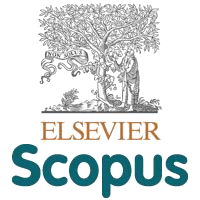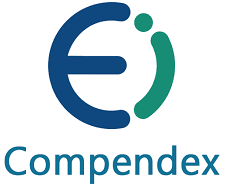Wireless Charging Efficiency Optimization Method Based on Adaptive Robust Control
Abstract
This paper designs, analyzes and optimizes the electric vehicle wireless charging system and its control method. Compared with the traditional plug-in conduction charging, wireless charging is more convenient, safe, reliable and has better environmental adaptability. Inductive power transmission technology (IPT) is the main technology for wireless charging of electric vehicles and plug-in hybrid vehicles. Based on the fundamental approximation method, the critical self inductance of the primary or secondary coil is derived in this paper. This critical value reflects the power transmission capacity and control performance of the two chargers when they are interoperable. Compared with the non integrated structure, the magnetically integrated LCC compensated wireless charging system can transmit the same power with smaller compensation inductance. Based on the voltage dependent dynamic state space model, four working modes of magnetically integrated LCC compensated wireless charging system are studied in this paper. Simulation and experimental results show that the voltage dependent equivalent circuit model can be effectively applied to the basic characteristic analysis of wireless charging system. The voltage dependent dynamic state space model is more accurate and realistic. In addition to reflecting the basic characteristics of the wireless charging system, it can also reflect the working mode of the wireless charging system.




